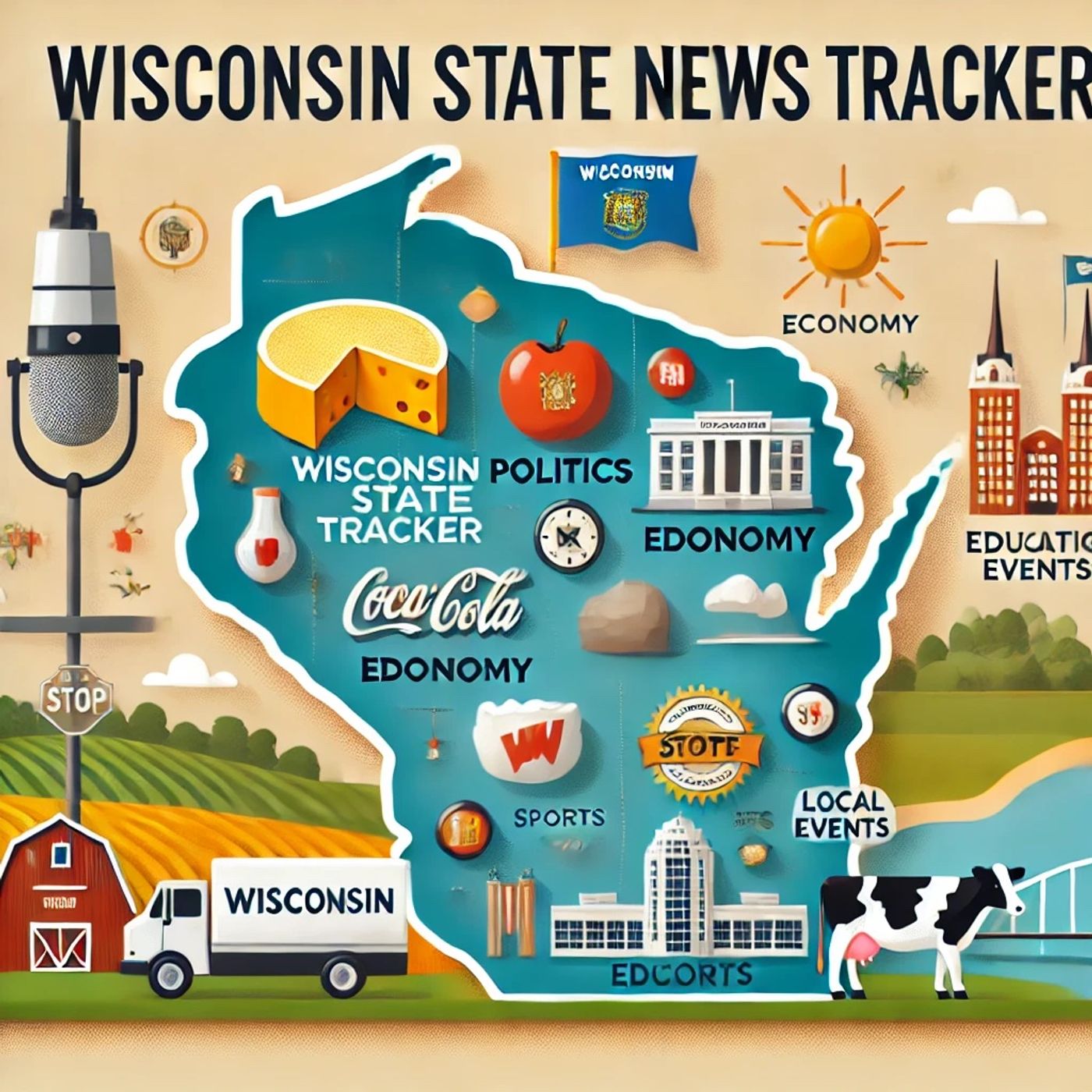Dec 06 2024 1 mins
Wisconsin has seen a mix of significant developments across various sectors in recent months. The state's 2023-24 legislative session concluded with over 120 bills signed into law and 7 vetoed by Governor Evers, including contentious joint resolutions that could amend the Wisconsin Constitution to restrict local government control over elections[1].
On the economic front, Wisconsin experienced a record year for investments, with $2.4 billion in planned capital investments by businesses, expected to create nearly 5,000 new high-paying jobs. Major projects include Kikkoman Foods' $800 million expansion and Microsoft's planned $3.3 billion data center[2].
The state's infrastructure received a 'C+' grade in the 2024 Report Card, a one-step improvement over the 2020 assessment. The report highlighted the need for universal broadband access by 2030, with current funding falling over $1 billion short of the projected cost[3].
Weather-wise, Wisconsin experienced varied rainfall in August, with some areas facing drought and others heavy downpours. The state saw a near-normal statewide average of 4.28 inches of precipitation, but with significant regional disparities[4].
Looking Ahead:
- The impact of the Infrastructure Investment and Jobs Act (IIJA) on Wisconsin's roads and bridges will continue to unfold, with over $2 billion in funding allocated for surface transportation systems.
- The state's goal of achieving universal broadband access by 2030 remains a significant challenge, with ongoing efforts to secure additional funding.
- The upcoming elections will likely see continued debate over the constitutional amendments passed by the legislature, which could significantly alter local government control over elections.
On the economic front, Wisconsin experienced a record year for investments, with $2.4 billion in planned capital investments by businesses, expected to create nearly 5,000 new high-paying jobs. Major projects include Kikkoman Foods' $800 million expansion and Microsoft's planned $3.3 billion data center[2].
The state's infrastructure received a 'C+' grade in the 2024 Report Card, a one-step improvement over the 2020 assessment. The report highlighted the need for universal broadband access by 2030, with current funding falling over $1 billion short of the projected cost[3].
Weather-wise, Wisconsin experienced varied rainfall in August, with some areas facing drought and others heavy downpours. The state saw a near-normal statewide average of 4.28 inches of precipitation, but with significant regional disparities[4].
Looking Ahead:
- The impact of the Infrastructure Investment and Jobs Act (IIJA) on Wisconsin's roads and bridges will continue to unfold, with over $2 billion in funding allocated for surface transportation systems.
- The state's goal of achieving universal broadband access by 2030 remains a significant challenge, with ongoing efforts to secure additional funding.
- The upcoming elections will likely see continued debate over the constitutional amendments passed by the legislature, which could significantly alter local government control over elections.
